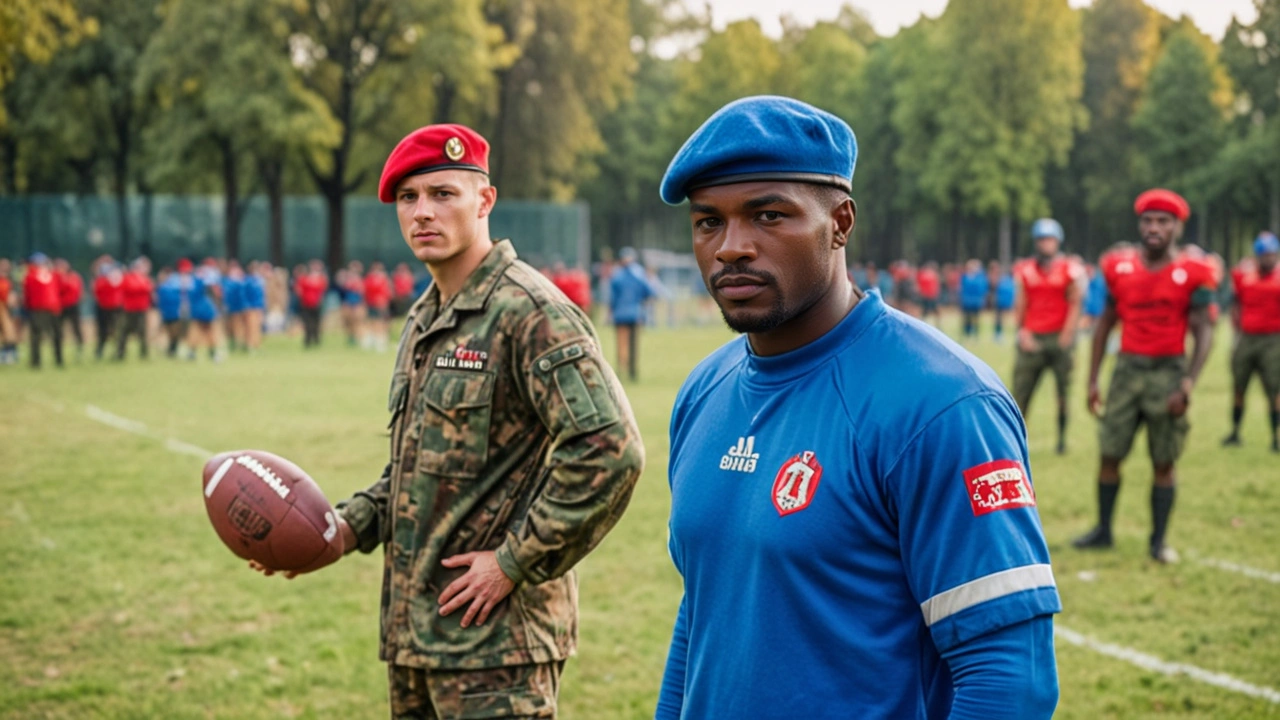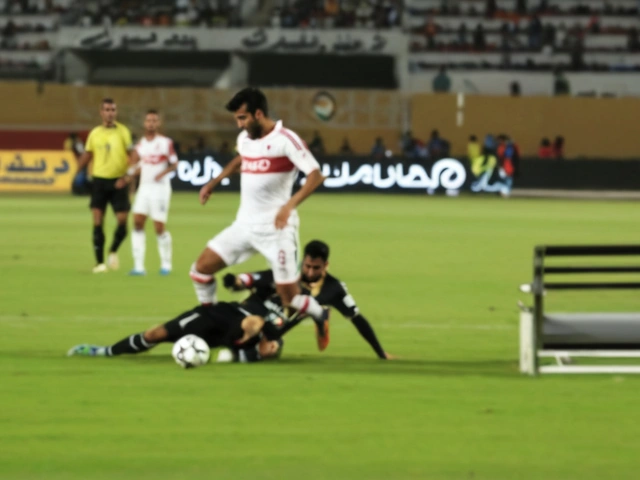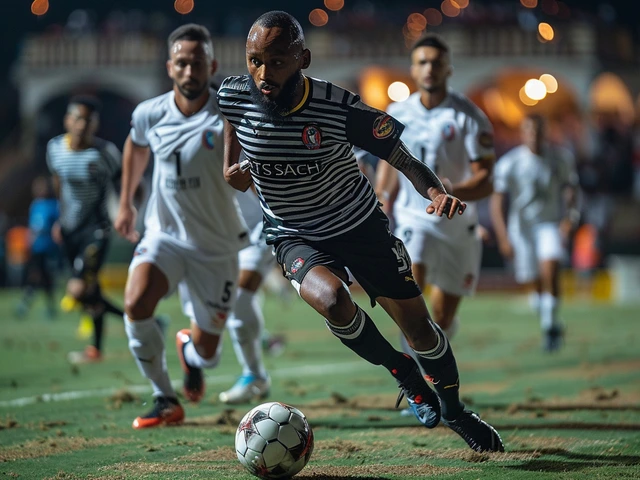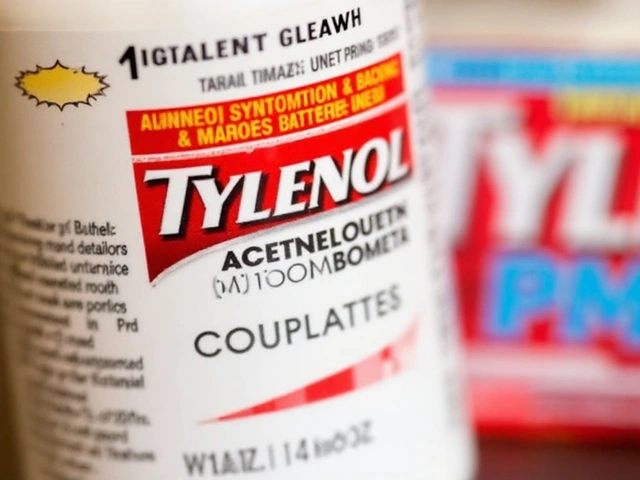Nyayo Stadium’s Inspection Failure: What's Next for Gor Mahia and Kenya Police?
In a significant setback, Gor Mahia and Kenya Police have been left grappling with uncertainty after Nyayo Stadium failed to meet the standards set by the Confederation of African Football (CAF). Following a rigorous inspection, CAF adjudged Nyayo Stadium unfit to host continental matches, thrusting both teams into a race against time to find alternative venues for their upcoming Preliminary round matches.
Gor Mahia and Kenya Police, two of Kenya's prominent football clubs, are now facing a growing sense of urgency to secure new venues that satisfy CAF’s stringent requirements. The failure of Nyayo Stadium to pass the inspection has profound implications, not just for the teams but also for the fans and domestic football landscape. This failure underscores the essential need for adequate sports infrastructure in the country.
The Immediate Impact
The immediate consequence of Nyayo Stadium’s disqualification is dire. Gor Mahia and Kenya Police must now pivot swiftly to identify alternative venues outside of their home turf. This task is far from simple, as finding a compliant stadium involves logistical, financial, and strategic considerations. Potential options include seeking approval for other stadiums within Kenya or even looking beyond national borders.
Potential Venues Within Kenya
Within Kenya, the Moi International Sports Centre, Kasarani, stands out as a possible alternative. Known for its larger capacity and previously meeting CAF standards, Kasarani could offer a viable solution if it manages to meet current requirements. Another contender could be Kenyatta Stadium in Machakos, but similar to Nyayo, it must undergo inspection and approval. The choice will be influenced heavily by the stadiums' readiness in terms of facilities, security, lighting, and player amenities.
Considering International Options
If domestic solutions prove unfeasible, Gor Mahia and Kenya Police might be forced to consider international venues. The prospect of hosting matches in neighboring countries, such as Uganda or Tanzania, opens up but comes bundled with its own set of challenges. Hosting international matches abroad has significant financial and logistical burdens. It would also be a disappointment for local fans, stripping them of the opportunity to support their teams from the stands.

The Broader Implications
The news has sparked broader discussions about the state of Kenya’s sports infrastructure. Nyayo Stadium, which has been a pillar of Kenyan sports for decades, failing to meet the required standards, reflects inadequacies in maintenance, upgrades, and administrative attentiveness to international guidelines. This incident could catalyze a deeper evaluation of the country's commitment to sporting excellence on an international scale.
For Gor Mahia and Kenya Police, the clock is ticking. They must swiftly navigate through this uncertainty to ensure their participation in the Preliminary rounds of the CAF competitions. Their next steps could also serve as a blueprint for other Kenyan teams who aim to compete on the continental stage. To prevent similar crises in the future, it’s essential for the governing bodies to ensure regular maintenance and upgrades to all national sports facilities.
Nyayo Stadium's failure should prompt reflection and action beyond the immediate need to find a new venue. It is a clarion call for consistent and conscientious efforts to align with global standards. The spotlight is now on the authorities to respond effectively and elevate the infrastructure to world-class levels, securing a stable and proud place for Kenyan football on the African and global stage.
The Next Steps for Gor Mahia and Kenya Police
As the situation unfolds, Gor Mahia and Kenya Police must stay focused on their immediate goal of securing an appropriate venue. Coordinating with CAF officials, domestic sports authorities, and potential host venues will be critical to meet the deadlines. These teams are not just playing for their own success but also for the reputation and future of Kenyan football.
The outcome will have lasting impacts and shape the narrative of Kenyan sports in significant ways. Successful navigation through this crisis could strengthen the resolve and resourcefulness of sports management in the country.
Mobilizing Support
Throughout this process, the support from fans, stakeholders, and the broader sports community will be indispensable. Rallying behind these teams could inject not just financial resources but also moral support, providing the momentum to overcome this hurdle. Community engagement will play a pivotal role in demonstrating the value placed on sports and the collective commitment to fostering a robust sports culture.

Concluding Thoughts
The failure of Nyayo Stadium to pass the CAF inspection acts as both a challenge and an opportunity. It calls for an urgent response to meet immediate needs while also opening up conversations about long-term improvements in sports infrastructure. As Gor Mahia and Kenya Police seek new venues, they are not just navigating a temporary setback but also paving the way for a more resilient future for sports in Kenya. The journey ahead is arduous, but with strategic planning, community support, and a commitment to international standards, the crisis can be turned into a stepping stone for greater achievements.








Priyanka Ambardar
July 14, 2024 AT 02:35Our Indian fans deserve top‑class stadiums, and we shouldn't let Kenyan clubs dictate football standards! 😤
sujaya selalu jaya
July 14, 2024 AT 20:55These issues highlight the need for proper maintenance
Ranveer Tyagi
July 15, 2024 AT 15:15Look, CAF has a very clear checklist-pitch quality, lighting, locker‑rooms, security, medical facilities, and even media zones!!! If Gor Mahia can’t get Nyayo up to par, the next logical step is to book Kasarani, which already meets most of those criteria, or perhaps even consider an interim venue in Tanzania where the stadiums are CAF‑approved!!! Also, don’t forget the paperwork-CAF needs a fresh inspection, so the clubs must act fast!!!
Tejas Srivastava
July 16, 2024 AT 09:35Wow!!! The whole situation feels like a drama unfolding on the pitch-stadium lights dimming, fans holding their breath, and officials scrambling for a solution!!! It’s crazy how a single inspection can throw a whole season into chaos!!!
JAYESH DHUMAK
July 17, 2024 AT 03:55In the context of CAF’s stringent regulatory framework, the failure of Nyayo Stadium to pass inspection is more than a mere inconvenience; it signifies a systemic shortfall in sports infrastructure management within Kenya. The Confederation mandates specific criteria, ranging from field dimensions and surface integrity to spectator safety measures and broadcast capabilities. Each of these elements is quantified and must be verified by an independent assessor prior to the commencement of continental fixtures. Given that Nyayo has historically served as a multipurpose venue, the wear and tear associated with frequent events may have contributed to deficiencies in lighting and drainage. Moreover, the recent renovations appear to have been conducted without alignment to the latest CAF guidelines, which have evolved in response to technological advancements and heightened security concerns. Consequently, Gor Mahia and Kenya Police now face a logistical conundrum requiring immediate relocation to an alternative stadium that satisfies all stipulated standards. The most viable domestic option, Moi International Sports Centre (Kasarani), possesses a proven track record of hosting CAF matches, yet it also demands a thorough re‑inspection to verify compliance with current specifications. If Kasarani proves unavailable, the clubs might explore venues in neighboring Tanzania or Uganda, though cross‑border travel introduces additional complexities such as visa arrangements, customs clearance for equipment, and fan travel logistics. Financial implications cannot be overlooked; relocating abroad often incurs higher operational costs, including venue rental fees, accommodation for staff, and transportation for squads. Fans, especially local supporters, stand to lose the invaluable experience of cheering their teams in familiar surroundings, potentially diminishing matchday revenue and community morale. From an administrative perspective, this episode should serve as a catalyst for the Kenyan Football Federation to institute a proactive maintenance schedule, ensuring that stadiums undergo periodic upgrades aligned with CAF’s evolving standards. The broader lesson extends to other African nations, underscoring the necessity of sustained investment in sports infrastructure to compete on the continental stage. Ultimately, the timely identification of an appropriate venue will not only preserve the competitive integrity of Gor Mahia and Kenya Police in the preliminary rounds but also signal Kenya’s commitment to upholding international football standards. As the deadline looms, decisive action, transparent communication, and collaborative problem‑solving will be paramount to mitigate the fallout from this crisis. The outcome will inevitably influence future strategic planning for facility development across the region.
Santosh Sharma
July 17, 2024 AT 22:15With decisive action and unified support, the clubs can overcome this hurdle and set a precedent for resilience in Kenyan football.
yatharth chandrakar
July 18, 2024 AT 16:35While the immediate concern is securing a compliant venue, it's also an opportunity to assess long‑term maintenance strategies for all Kenyan stadiums.
Vrushali Prabhu
July 19, 2024 AT 10:55i think this whole stuf is kinda crazy lol the fans will b missin out but maybe thsi could push the gov to fix the stadiums faster.
parlan caem
July 20, 2024 AT 05:15Honestly, this excuse‑laden rant is pointless; the reality is that authorities have been neglecting stadium upgrades for years, and now we’re paying the price.
Mayur Karanjkar
July 20, 2024 AT 23:35CAF compliance metrics underscore infrastructural deficits, necessitating strategic retrofitting.
Sara Khan M
July 21, 2024 AT 17:55Totally lazy vibe, but yep, stadium drama 🙄
shubham ingale
July 22, 2024 AT 12:15Let’s rally and support the teams 💪
Ajay Ram
July 23, 2024 AT 06:35Reflecting upon the comprehensive analysis presented earlier, one cannot help but appreciate the intricate interplay between regulatory compliance and national sporting pride. The narrative of infrastructural neglect, juxtaposed with the fervent aspirations of local clubs, paints a vivid picture of both challenge and opportunity. As cultural ambassadors of our sporting ethos, we bear a collective responsibility to advocate for sustainable investment in facilities that honor both tradition and modernity. It is through collaborative dialogues among federations, government bodies, and community stakeholders that tangible progress materializes. Moreover, embracing a holistic approach that integrates technology, safety, and fan experience will elevate Kenya’s standing on the African football map. In essence, the current predicament, while demanding immediate logistical solutions, also serves as a catalyst for broader systemic reforms. By channeling resources wisely and fostering transparent governance, we can transform temporary setbacks into stepping stones toward a brighter future for Kenyan football. The journey ahead, though arduous, is replete with potential for growth, unity, and renewed passion across the continent.
Dr Nimit Shah
July 24, 2024 AT 00:55Honestly, it's a classic case of bureaucratic inertia; if we want world‑class football, we must adopt world‑class standards, no excuses.